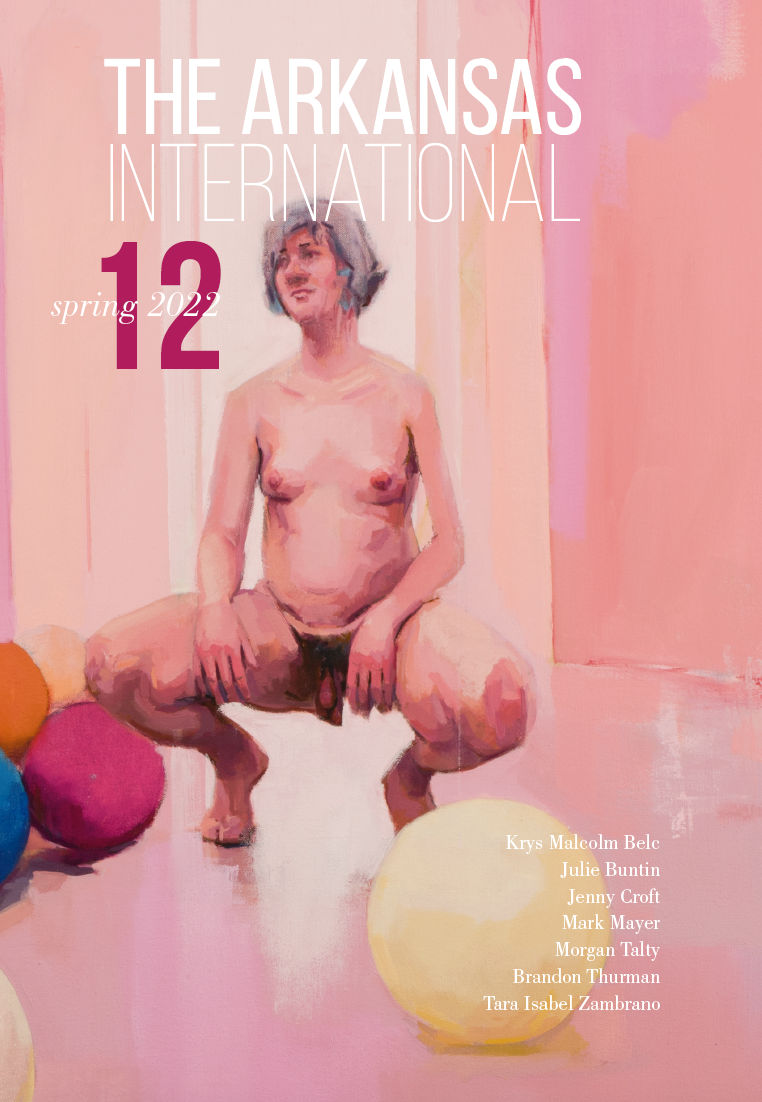Hrotsvitha of Gandersheim
Trans. by Lizzie Fox
A PREFACE TO MY FIRST BOOK
I wrote a little book.
It has minimal polish and zero elegance but I worked hard on it, so, here:
I offer it now to you, wise men So you may improve it—
As long as you’re not the type
that enjoys mocking flawed people,
but will instead simply correct the flaws.
For, I confess, I am flawed, and not just a little. I have made many errors in this little book. Not only is my meter inconsistent, but the wording is completely wrong in places, too. A lot worthy of your derision lurks beneath this text. But when someone confesses, upfront, their errors, I do think—and hopefully you agree—that she is owed compassion and guidance, merciful and swift.
Some will surely criticize the fact that parts of this little book are based on stories that are, according to the valuation of some, apocryphal. I did not do this out of presumption or a desire to deceive, but because I was ignorant. When I began to weave the fabric of this little book, I didn’t know that the thread with which I was spinning was unreliable. Once I realized it was, though, I will admit that I chose not to undo my work, hoping, probably in vain, that what now seems false may someday prove true.
Since things unfolded in this way, I now need as much help defending my complete little book as I lacked skill in its undertaking. When I began, I had not yet come into my own, nor was I proceeding with any expertise whatsoever. Despite this, I never dared to show my work to anyone, fearing that its complete clumsiness would cause them to dissuade me from ever writing again.
And so, secretly and almost clandestinely, I worked on the book—now sweating alone over the pages, now tearing them all up—doing the best I could, though it was hardly good enough, to grind out some text from what I had gathered on the threshing-floor of Gandersheim.
I did have teachers at Gandersheim: first was Rikkard, the kindest and wisest woman I’ve known, and other instructors of her time. Then Gerberg, the royal and generous abbess under whom I now serve, graciously befriended me. Though younger than I am, she is, as befits the niece of an emperor, far more knowledgeable. She had learned much from her own teachers, who were all, like you, very wise, and she lovingly shared that learning with me.
It seems improbable, to say the least, that a woman could tackle the complexity of poetic meter on her own. Let me say first, then, that I never trusted in my own powers, but only, always, in the assistance and pity of Grace. Doing so, I committed to write this book in dactylic verse, so that the little talent loaned me, lying mute in the cavern of my chest, would not rust away from the blight of neglect but, struck unremittingly by the hammer of devotion, echo with some jangle of divine praise. And that through this, if that talent never has another chance to make something of itself, it might have, at the very least, been changed into an instrument of some value.
And so, Reader, whoever you may be—if you are wise and virtuous, if you follow God and remain mindful that this little book has never before seen an editor—then I ask you, please, apply the full wealth of your righteousness to this needy page. Ascribe anything somehow written well to God, and all the flaws to me—not, however, with derision, but compassion:
For the strength of disdain is diminished, for sure
When one has already admitted failure.
Lizzie Fox is an actor, translator, writer, and teacher. Her translations from Latin have been supported by the Martha Boschen Porter Fund and the Barn Arts Collective, and she was a finalist for the 2021 Peirene Press Spanish Translation Prize. Lizzie recently performed in the Off-Broadway premiere of her translation of The Martyrdom, a Medieval Latin play by Hrotsvitha of Gandersheim. She studied Comparative Literature and Latin at Williams College. www.lizziefox.com.
Hrotsvitha of Gandersheim (c. 935-1002 C.E.) is the first recorded female playwright of the Western tradition. She was raised in Saxony and became a nun in her twenties. She wrote three books comprising six plays, eight poetic legends, two histories, and many prefaces. From what we know, she was the first Western playwright to compose dramas after the Classical Period. After her death, plays were not composed for another 200 years.


